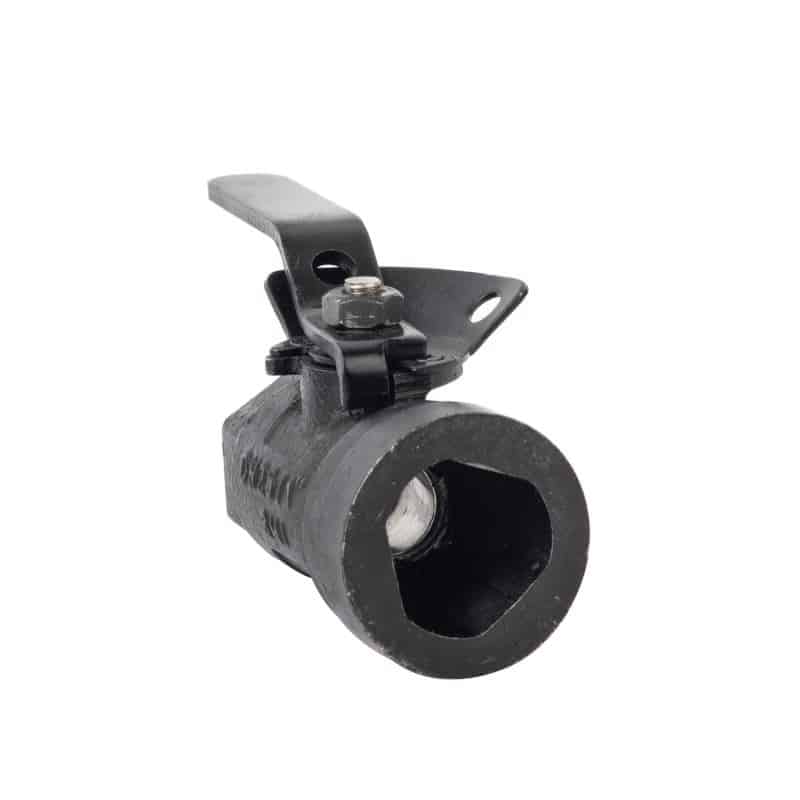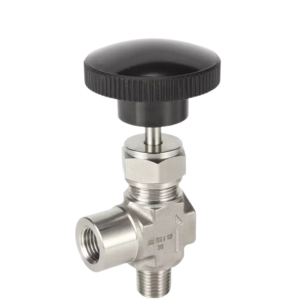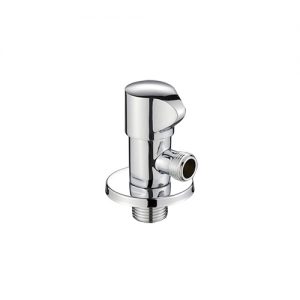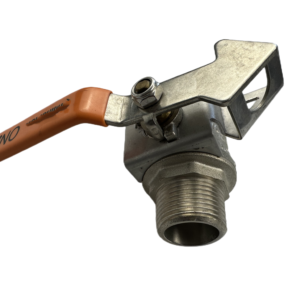Description
JX-3002
Ductile Iron Oil Patch Ball Valve
Handle Type: Locking Lever Ball Valve
Product Group: Manual Connection
Type: FNPT x FNPT
Stem Type: Blowout Proof
Body Material: Cast Iron,
Handle materials: Stainless Steel
Ball Material: Stainless steel
Temp. Range: 0 Degrees to 400 Degrees F
Item: Oil Patch Ball Valve Max. Pressure: 2000 psi CWP
Port: full port;
Seat Material: RPTFE
Size: 1″ -4″
Shut off your fear of leaks and turn on superior control with this oil patch ball valve from Sharpe Valves. This top-of-the-line oil patch ball valve is equipped with a 2-piece valve structure. It also has an inline body style and an FNPT x FNPT connection.
2PC design DI body SS trim
End Connections: NPT
Introduction: what is ductile iron?
Ductile iron is a type of cast iron that has been treated to make it more robust and flexible. It is used in various applications, including valves, pipes, and automotive parts. Ductile iron is made by adding magnesium to molten iron, which makes it less likely to break or shatter.

History of ductile iron ball valves
Ductile iron is a type of cast iron that contains small amounts of carbon and other trace elements. The addition of these elements makes ductile iron more malleable and less brittle than traditional cast iron. This combination of properties makes ductile iron an ideal material for ball valves used in various applications, including water treatment, oil and gas production, and chemical processing.
Ductile iron ball valves have a long history dating back to the early days of the Industrial Revolution. In 1849, British engineer George Stoney patented a design for a “self-acting” valve that could be opened and closed by turning a lever. This design was later improved upon by American inventors John Cramer and Henry Duryea, who obtained patents for their versions of the self-acting valve in 1871 and 1872, respectively.
Ductile iron vs. other materials
Ductile iron is a material that has many benefits over other materials, such as steel. Ductile iron is more resistant to wear and tear and is also more resistant to corrosion. Ductile iron is a much more rigid material, making it less likely to break or crack under pressure.
Advantages of ductile iron ball valves
Ductile iron ball valves have many advantages over other types of valves. They are highly durable and can withstand high pressures, making them ideal for industrial applications. Ductile iron ball valves are also very corrosion-resistant and can be used in various environments. Additionally, they are easy to operate and maintain, making them a good choice for many applications.
Disadvantages of ductile iron ball valves
There are several disadvantages to using ductile iron for ball valves. Because ductile iron is more brittle than other materials, it is more likely to crack under high pressure. This can lead to leaks and other problems. Ductile iron is also more susceptible to corrosion than other materials, so it may not last as long as other types of ball valves.









